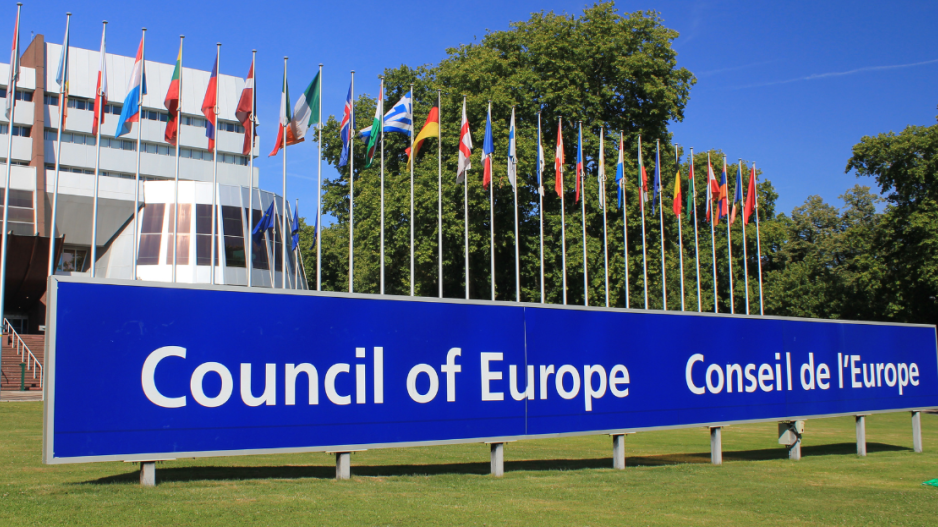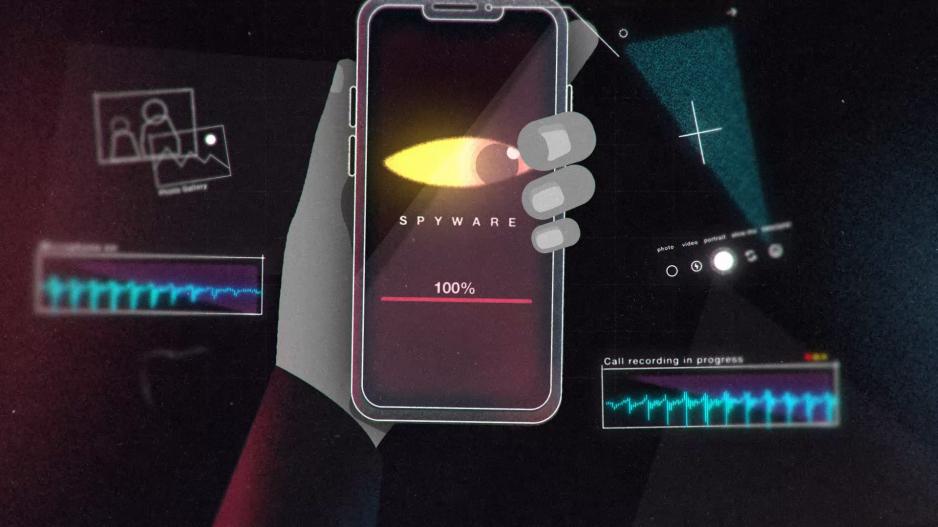CoE: Report on Media Freedom in Cyprus Highlights Issues with Spyware and Defamation
Cyprus Is Mentioned as a State That Has “Partially Decriminalized” Defamation
Member states of the Council of Europe must, without delay, impose a moratorium on the export, sale, transfer, and use of highly intrusive surveillance software targeting journalists, such as Pegasus. This is highlighted in the priority recommendations of the Council of Europe's (CoE) Annual Press Freedom Review, put forward by the collaborating organizations of the Platform for the Safety of Journalists.
Cyprus received specific recommendations from the Investigative Committee examining the use of Pegasus and similar spyware programs (PEGA), as noted in a report approved by the European Parliament on June 15, 2023.
Specifically, the report singled out Hungary and Greece for criticism, while the Committee made targeted recommendations for Hungary, Poland, Greece, Cyprus, and Spain. It specifically mentioned that surveillance software "should only be used in member states where allegations of software misuse have been thoroughly investigated, where national legislation aligns with the recommendations of the Venice Commission and the case law of the EU Court, and where export control rules have been implemented."
>>Cyprus Confidential: Tal Dilian, the Island and the Spyware<<
Further, in the CoE's Annual Press Freedom Review, it states that member states must refrain from illegally developing spyware against journalists and comply with their obligations under the European Convention on Human Rights to ensure legality, necessity, and proportionality in each case. Additionally, it mentions that judicial authorities must fully investigate any suspected misuse of the software, and governments should establish strict procedures for examining, using, and storing any obtained information.
It is also noted that spyware has been used to spy on journalists in Azerbaijan, France, Greece, Hungary, Spain, Turkey, and the United Kingdom. The responses of governments to these revelations were characterized not only by a lack of transparency but also by new cases emerging in 2023.

Cyprus is mentioned as a state that has "partially decriminalized" defamation. "The decriminalization of defamation has accelerated since the 1990s, driven by critical decisions of the European Court of Human Rights and public campaigns under the slogan 'Journalism is not a crime.' In 2023, the Council of Europe listed 13 member states that had completely removed slanderous defamation from their domestic criminal law, while four others – Bulgaria, Cyprus, Lithuania, and Serbia – had partially implemented decriminalization."
Other CoE recommendations state how member states should establish humanitarian visa programs and take appropriate measures for journalists facing imminent danger or needing respite due to persistent persecution in third countries, as well as facilitating the issue of emergency visas in such cases. Member states of the CoE should also proceed with reforms in the Police and Justice system that truly take into account the rights of journalists to work freely and without fear.
Overall, the report notes that in Europe, although there was a decrease in the number of journalists murdered and violence against the press at demonstrations in 2023, notifications published on the Platform for the Safety of Journalists show an increasing variety of threats, pressures, and restrictions under which journalists must fulfill their mission.
The past year was again marked by wars: in Ukraine, in Nagorno-Karabakh, and the Israel-Hamas conflicts in Gaza. In Russia, the war was used as a pretext to further tighten state control over the media and to arrest journalists on charges of patriotic fidelity or national security. The Russian regime also applied transnational oppression, intimidating journalists, exile, and "hostage diplomacy" by holding foreign journalists on trivial charges.
The freedom to report on national security issues was a prominent topic in 2023, as noted in the report. Journalists were called in or tried by state security authorities, detained, and arrested on charges of terrorism or extremism. Journalistic organizations had to fight a long battle within EU institutions to ensure that the European Media Freedom Act exempts journalists from state surveillance, and several countries faced repercussions from the Pegasus spyware scandal revealed in 2021.






